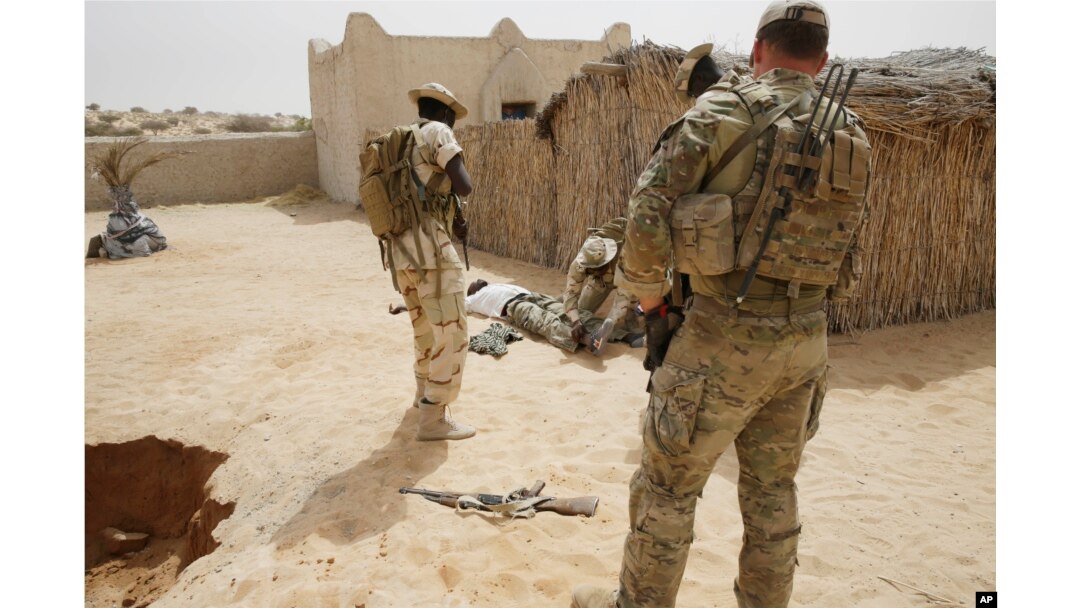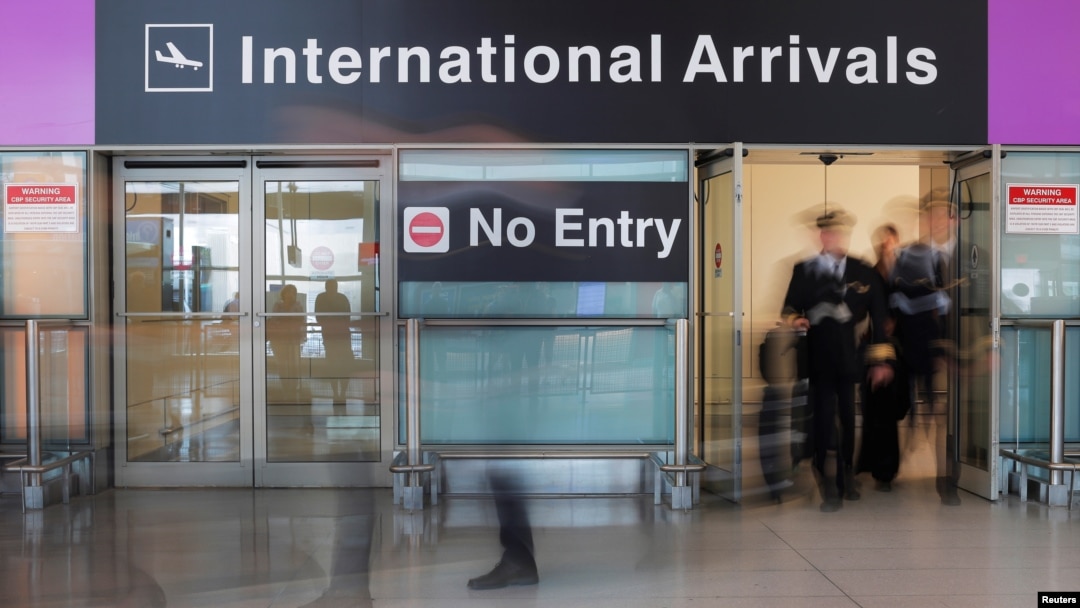Chad’s appearance on a new U.S. government list of countries subject to travel restrictions has the central African country bewildered.
“The Government of Chad expresses lack of understanding of the official reasons for it,” Chad's communications minister and government spokesperson, Madeleine Alingue, said in a statement in French.
The administration of President Donald Trump issued new travel rules Sunday, building on and adding to a March executive order that banned travelers from six predominantly Muslim countries. The new rules added three countries: Venezuela, North Korea – and Chad.
“The entry into the United States of nationals of Chad, as immigrants, and as nonimmigrants on business (B-1), tourist (B-2), and business/tourist (B-1/B-2) visas, is suspended,” reads the presidential proclamation announcing the new rules.
Ngartebaye Eugene Le Yotha, a political analyst in Chad’s capital, N’Djamena, says the new designation will have political consequences. “The tension is noticeable. What do our representatives do in the U.S. if they can no longer welcome their fellow countrymen there? I think the coming days will reveal, through the position of the Chadian government, how the relations with the U.S. authorities will evolve.”
Chad’s inclusion on the list of restricted countries has been met with surprise because it has been for years a key counterterrorism ally of the U.S. The mainly Muslim country is a partner in the Trans Sahara Counterterrorism Partnership. U.S.-led counterterrorism exercises have been conducted in Chad, and the U.S. has trained Chadian troops, considered among toughest militaries in central Africa.

FILE - Chadian troops participate along with Nigerian special forces watched by a U.S. special forces soldier, at right, in a hostage rescue exercise in Mao, Chad, March 7, 2015.
Why Chad?
Trump’s new rules proclamation acknowledges Chad as an “important and valuable counterterrorism partner” and says the U.S. looks forward to expanding that cooperation “including in the areas of immigration and border management.”
Chad is in the middle of a tough neighborhood, surrounded by Libya, Sudan, Nigeria and the Central African Republic.
Collaborators or not, Chad does not do enough to “share public safety and terrorism-related information,” the new rules say. In addition, they note that several terrorist groups are active in the country or its surrounding region, “including elements of Boko Haram, ISIS-West Africa, and al-Qa'ida in the Islamic Maghreb.”
This explanation just leaves Le Yotha with more questions. “Does it mean U.S. authorities approached Chadian authorities for information about this situation and Chadian authorities did not comply? Does it mean suspicious luggage was found on flights from Chad? Do Chadian authorities keep an up to date database that would allow them to send in real time information to U.S. authorities in the fight against terrorism, and it turns out the Chadian authorities are unable to do so?”
Spokesperson Alingue says her government has asked Trump reconsider his decision, which “seriously undermines Chad’s image and the good relations between the two countries, notably in the fight against terrorism.” More ominously, she added, “The government would not, however, wish to use the reciprocity principle, the application of which would be detrimental to the interests of both countries.”
The U.S. government issued 1,355 non-immigrant visas to Chadians in fiscal year 2016. Most of them were the B visas that are now banned. In August of this year, 201 non-immigrant visas were granted to Chadians.
This report originated in VOA's French to Africa Service.


